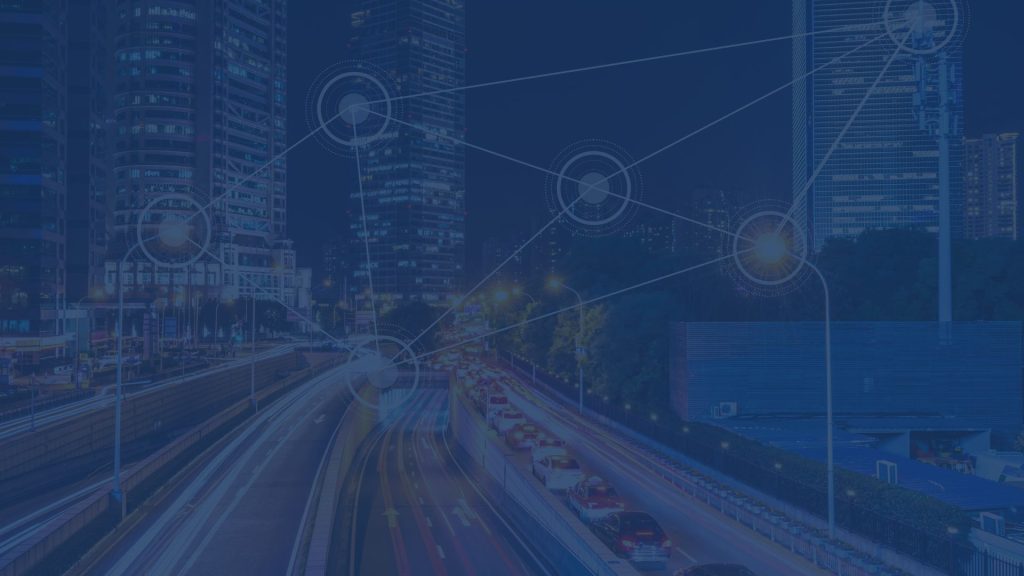
As the world becomes increasingly interconnected and reliant on technology, the concept of smart cities has gained momentum. Smart cities leverage technology and data to enhance urban living, improve efficiency, and promote sustainability. In Saudi Arabia, the government is actively pursuing the development of smart cities, such as Neom and the King Salman Energy Park, to drive economic growth and improve quality of life. However, establishing and operating smart cities in Saudi Arabia involves a complex web of legal considerations that businesses and stakeholders must navigate. We explore the legal elements businesses need to consider when participating in developing smart cities in Saudi Arabia.
Regulatory Framework
Smart cities in Saudi Arabia are subject to a comprehensive regulatory framework, including laws, regulations, and policies set by various government agencies. Businesses should familiarise themselves with the regulations governing urban planning, land use, data privacy, intellectual property, and more. The Saudi Arabian government has established several authorities, including the Saudi Data and Artificial Intelligence Authority (SDAIA), to oversee data-related aspects of smart cities.
Data Privacy and Cybersecurity
The collection and utilisation of massive amounts of data are fundamental to the functioning of smart cities. Businesses must comply with the Kingdom’s data privacy laws, such as the Saudi Data Protection Law, which governs the collection and processing of personal data. Adequate cybersecurity measures are essential to protect sensitive data, and businesses must align with the National Cybersecurity Authority’s (NCA) guidelines to ensure digital infrastructure security.
Intellectual Property Rights
Innovation and technological advancement are critical components of smart cities. Businesses engaged in research and development activities within these cities should be aware of intellectual property laws, ensuring the protection of their inventions, patents, and copyrights. Consultation with legal experts can help businesses navigate intellectual property rights and avoid infringement issues.
Real Estate and Land Use
Real estate development and land use regulations are central to smart city projects. Businesses must work within the framework established by the Ministry of Municipal and Rural Affairs and Housing (MOMRA). They should consider issues related to land acquisition, zoning, and permits to ensure their projects comply with local regulations.
Environmental Compliance
Sustainability and environmental concerns are paramount in the development of smart cities. Businesses must adhere to environmental regulations set by the Presidency of Meteorology and Environment (PME) and ensure their projects incorporate eco-friendly practices and technologies. Compliance with these regulations is crucial to obtaining necessary permits and licenses.
Infrastructure and Utilities
Smart cities rely on advanced infrastructure and utility services. Businesses must coordinate with government agencies responsible for public services, such as the Ministry of Communications and Information Technology (MCIT) and the Ministry of Water and Electricity (MEW), to ensure the availability of essential services for residents and businesses.
Contractual Agreements
Contracts are fundamental to the relationships among stakeholders in smart city projects. Legal experts should draft comprehensive agreements that cover various aspects, including project timelines, responsibilities, financial obligations, and dispute resolution mechanisms. Contracts may involve multiple parties, including government entities, developers, and technology providers.
Dispute Resolution
In the event of disputes or legal issues, businesses must be prepared to navigate the Saudi Arabian legal system. Understanding the mechanisms for dispute resolution, including arbitration and litigation, is crucial for a swift and fair resolution.
In the rapidly evolving landscape of smart city development in Saudi Arabia, new legal considerations and regulatory changes have emerged, shaping how businesses and stakeholders navigate the intricacies of these technologically advanced urban ecosystems.
Employment and Labour Laws: Labour laws may adapt to accommodate the changing nature of work within smart cities. These could encompass regulations for remote work, digital skills training, and the rights of employees in technology-driven environments.
It is essential for businesses, investors, and stakeholders interested in smart city projects in Saudi Arabia to stay up to date with the latest legal developments and engage with local legal experts who have a deep understanding of the evolving legal landscape. Additionally, collaborating with government authorities and regulatory bodies in the smart city domain can help ensure compliance with new and emerging regulations as the concept of smart cities continues to grow in the region.
In the rapidly evolving landscape of smart city development in Saudi Arabia, new legal considerations and regulatory changes have emerged, shaping how businesses and stakeholders navigate the intricacies of these technologically advanced urban ecosystems. The development of smart cities offers significant opportunities for businesses across various sectors, including technology, real estate, and infrastructure development. However, the legal landscape remains complex and multifaceted. To ensure the successful and sustainable operation of smart city projects, it is imperative for businesses to engage experienced legal counsel, fully grasp the evolving regulatory framework, and diligently comply with requirements related to data privacy, intellectual property, land use, environmental standards, and other pertinent legal aspects. As smart cities in Saudi Arabia continue to advance, staying informed about legal developments and actively engaging with relevant government authorities will be critical for long-term success in this exciting field.
